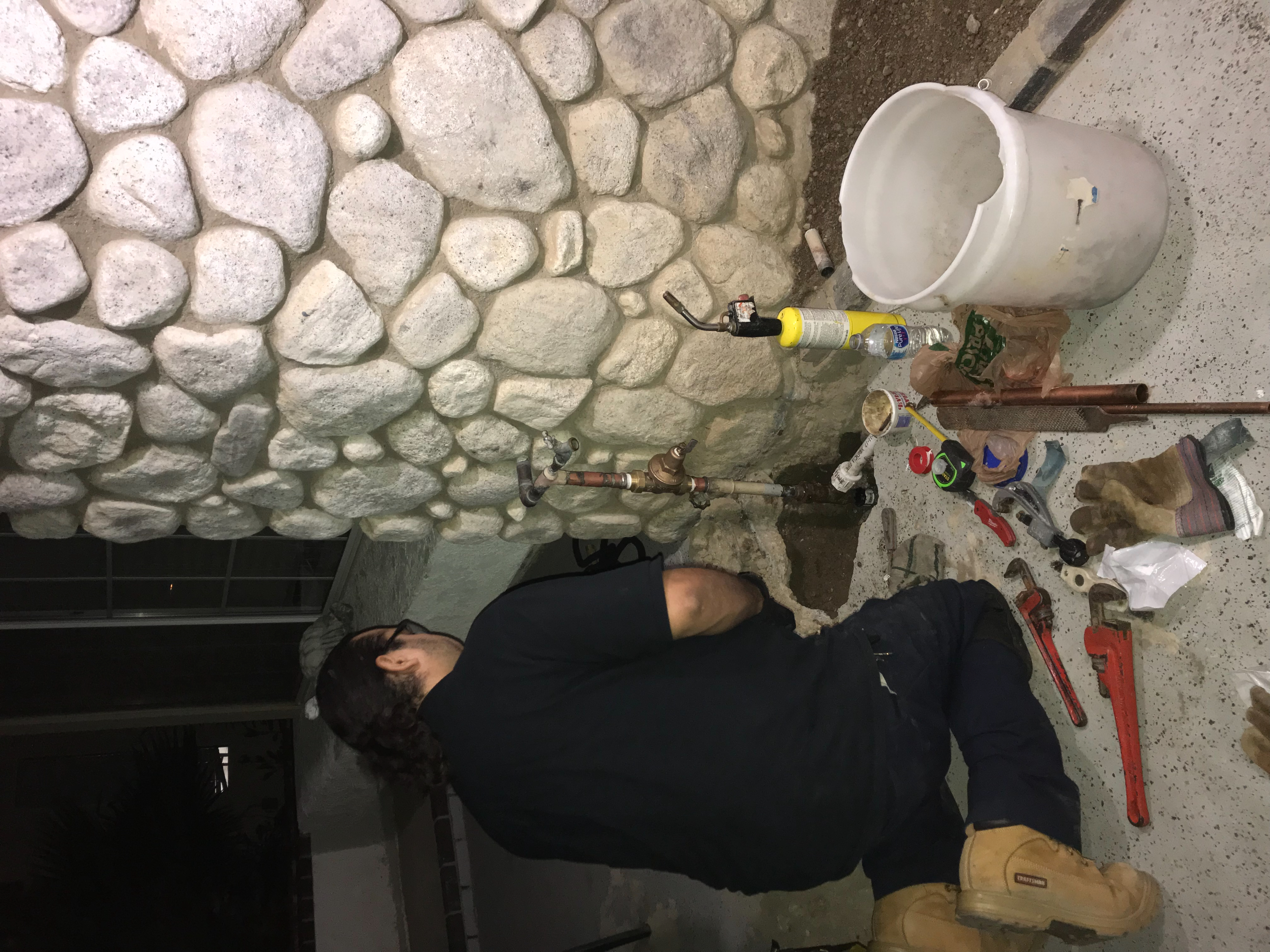What to Do During a Plumbing Emergency
- Leo Martinez

- Jun 20, 2025
- 3 min read
When a plumbing emergency strikes, it can turn your peaceful home into a chaotic environment. Whether it's a burst pipe, a severe leak, or a blocked drain, understanding how to handle these situations is crucial. In this blog post, we will cover practical steps you can take during a plumbing emergency, how to minimize damage, and when to call professionals.
Identifying a Plumbing Emergency
Not all plumbing issues are emergencies, but knowing when to act is vital. A plumbing emergency typically involves significant water loss or potential property damage. Here are some signs indicating you may be facing a plumbing emergency:
A burst pipe, often producing a sudden gush of water.
Water pooling around your home’s foundation.
A sewage backup leading to foul smells and possible health risks.
Loss of water pressure, which might signal a serious issue.
Take note of these signs and act quickly when you notice them.

Immediate Actions to Take
Once you identify a plumbing emergency, there are several immediate steps you should take. First, turn off the main water supply to your home to prevent further damage. The shut-off valve is often located near your water meter. If you’re unsure where it is, act fast to locate it, as delaying could lead to critical issues.
Second, drain any remaining water by turning on faucets and flushing toilets. This step can help alleviate pressure in the pipes and reduce the potential for further leaks.
Finally, if you have access to them, move furniture and valuables away from the affected area to protect them from water damage.

Choosing the Right Tools and Supplies
Having the right tools can significantly affect the outcome of a plumbing emergency. Here are some supplies you might need:
Wrenches: Useful for tightening or loosening plumbing fixtures.
Plumber's tape: This tape can help seal leaks in threaded pipes.
Buckets and towels: To catch any leaking water and maintain a clean area.
Plumbing snake or auger: For clearing clogged drains.
Keep these items in a designated emergency kit, so they’re easily accessible during a plumbing crisis.
When to Call a Professional
In many cases, you can manage minor plumbing issues on your own. However, some situations require professional intervention. Here are signs it’s time to call a plumber:
An inability to locate the main water shut-off valve.
Repeated pipe bursts or severe leaks.
Signs of sewage problems, such as bad odors or drain backups.
If water continues to flow after turning off the main supply.
If you find yourself overwhelmed or facing a situation beyond your skill level, don’t hesitate to contact a 24 hour plumber near me for immediate assistance.

Understanding Costs Involved
One of the biggest concerns during a plumbing emergency is the potential cost. Emergency plumbing services often come with increased rates, particularly outside of regular business hours. On average, you could be looking at $100 to $300 for emergency services, not including parts and materials.
However, it's essential to view these costs through the lens of damage prevention. The money spent on immediate repairs is often less than the cost of repairing water-damaged structures or belongings in your home later.
Emergency plumbing services vary in price based on your location and the time of day, so it's wise to check rates in advance if possible.
Tips for Preventing Future Emergencies
Preventing plumbing emergencies is an ideal way to avoid stress and costs in the first place. Here are some tips to keep your plumbing system in good shape:
Regular Inspection: Schedule regular plumbing inspections to identify weak points in the system.
Know Your System: Familiarize yourself with your plumbing system, including valve locations and how to shut them off.
Don't Ignore Small Issues: Address minor leaks and blockages before they escalate into larger problems.
Educate Yourself: Learn basic plumbing skills; this can make a huge difference in managing minor issues before they require professional help.
By being proactive, you can save yourself a lot of trouble and ensure your plumbing operates smoothly.
Final Thoughts
A plumbing emergency can be stressful, but knowing what to do can help you navigate the situation efficiently. From shutting off the water to assessing whether to call a professional, these steps can minimize damage and restore order to your home. Take the time to equip yourself with the right tools and knowledge, and you will be well-prepared for any plumbing crisis that comes your way.







Comments